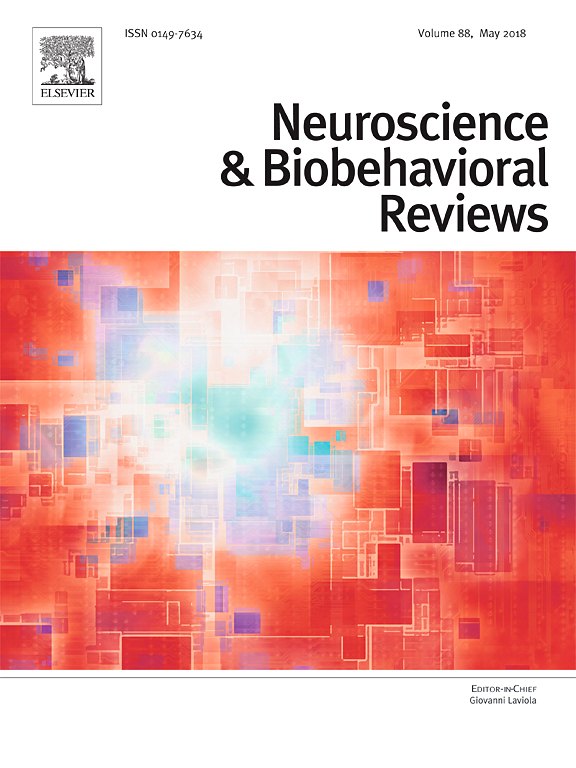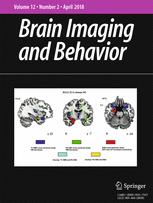Structural and functional papez circuit integrity in amyotrophic lateral sclerosis
Authors: Ana Paula Arantes Bueno, Walter Hugo L Pinaya, Luciana M Moura, Maxime Bertoux, Ratko Radakovic, Matthew C Kiernan, Antonio Lucio Teixeira, Leonardo Cruz de Souza, Michael Hornberger, João Ricardo Sato
Journal: Brain imaging and behavior
Abstract: Cognitive impairment in amyotrophic lateral sclerosis (ALS) is heterogeneous but now recognized as a feature in non-demented patients and no longer exclusively attributed to executive dysfunction. However, despite common reports of temporal lobe changes and memory deficits in ALS, episodic memory has been less explored. In the current study, we examined how the Papez circuit—a circuit known to participate in memory processes—is structurally and functionally affected in ALS patients (n = 20) compared with healthy controls (n = 15), and whether these changes correlated with a commonly used clinical measure of episodic memory. Our multimodal MRI approach (cortical volume, voxel-based morphometry, diffusion tensor imaging and resting state functional magnetic resonance) showed reduced gray matter in left hippocampus, left entorhinal cortex and right posterior cingulate as well as increased white matter fractional anisotropy and decreased mean diffusivity in the left cingulum bundle (hippocampal part) of ALS patients compared with controls. Interestingly, thalamus, mammillary bodies and fornix were preserved. Finally, we report a decreased functional connectivity in ALS patients in bilateral hippocampus, bilateral anterior and posterior parahippocampal gyrus and posterior cingulate. The results revealed that ALS patients showed statistically significant structural changes, but more important, widespread prominent functional connectivity abnormalities across the regions comprising the Papez circuit. The decreased functional connectivity found in the Papez network may suggest these changes could be used to assess risk or assist early detection or development of memory symptoms in ALS patients even before structural changes are established.




